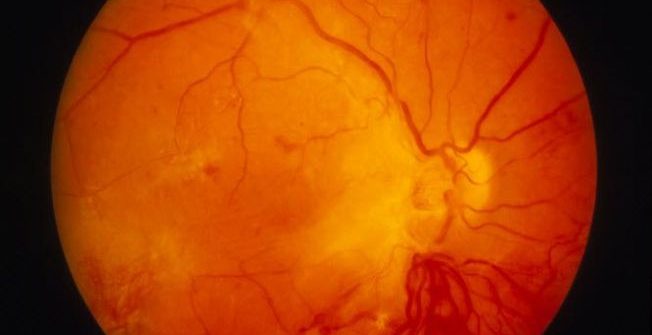Adult Cataract for Dummies
Table of ContentsThe smart Trick of Adult Cataract That Nobody is DiscussingGetting The Conjunctivitis To WorkWhat Does Amblyopia Do?More About Adult & Paediatric Eye Surgery
Ophthalmologists are clinical doctors who specialize in the diagnosis and treatment of eye and vision problems. These three types of eye care professionals have instead similar-sounding names as well as overlapping task summaries.They can not provide eye tests, write prescriptions, or diagnose or treat eye troubles. Give eye tests, vision screening, and also prescriptions for glasses or call lenses.

Ophthalmologists detect and treat injuries, infections, illness, and also disorders of the eye. Therapies can include drug taken by mouth (by mouth) or topically (in the eye), surgical treatment, cryotherapy (freeze therapy), and also radiation treatment (chemical therapy). Ophthalmologists attend medical college then obtain several years of specialized training in the medical as well as medical treatment of the eye.
An Unbiased View of Adult Strabismus
As they are the only medical professionals that can deal with all eye disorders, eye doctors see a wide array of eye problems, including: How often should you have an eye exam? What are symptoms that show you may have an eye problem that needs to be examined by an ophthalmologist? The American Academy of Ophthalmology suggests: As children's eyes are expanding and also transforming rapidly, they should obtain a vision screening.
Grownups who have healthy eyes and exceptional vision ought to have four thorough eye exams: one in their 20s, 2 in their 30s, and also one at age 40. These examinations might enable the eye doctor to capture an eye condition or vision changes early. By the time you observe signs, you may already have some vision loss (ADULT CATARACT).

People who are at a higher threat of eye illness may require to obtain an eye test more often. After age 65, your eyes should be inspected every one to two years.
Your sight depends on seeing the appropriate eye physician at the right time. When it's time to "obtain your eyes checked," make certain you are seeing the best eye care specialist for your requirements.
Eye Checks - Questions

is a clinical or osteopathic medical professional that focuses on eye and vision care. Ophthalmologists differ from optometrists and opticians in their degrees of training as well as in what they can identify and also treat (https://tinyurl.com/43swpmjp). As a medical physician who has actually completed university and also at the very least 8 years of additional medical training, an ophthalmologist is certified to exercise medicine and surgery.
Many eye doctors are also associated with scientific study on the causes and remedies for eye illness and vision problems. SUBSPECIALISTS: EXTRA EXPERTISE AND ALSO TRAINING FOR DETAILS EYE requires While ophthalmologists are trained to look after all eye issues and problems, some Eye M.D.s concentrate on a particular area of medical or medical eye treatment.
He or she normally completes one or two years of added, more in-depth training called a fellowship in one of the primary subspecialty locations such as glaucoma, retina, cornea, pediatric medicines, neurology as well as cosmetic surgery, as well as others. This added training as well as expertise prepares an eye doctor look after more facility or certain conditions in particular locations of the eye or in specific he has a good point teams of individuals.
An optometrist is not a clinical doctor. An optometrist gets a medical professional of optometry (OD) degree after completing four years of optometry college, come before by three years or more years of college. They are licensed to practice optometry, which mostly involves executing eye examinations and vision tests, suggesting and giving restorative lenses, finding particular eye problems, and recommending medicines for certain eye conditions.
6 Simple Techniques For Adult & Paediatric Eye Surgery
They make use of prescriptions provided by eye doctors or eye doctors, yet do not test vision or compose prescriptions for visual adjustment (https://forum.vcfed.org/index.php?members/drcrlinecatt.72788/#about). Opticians are not permitted to identify or treat eye diseases. PAEDIATRIC OPHTHALMOLOGY.
That's why it is so important to see an ophthalmologist for a complete clinical eye test by age 40, as well as after that as often as suggested by your Eye M.D.
A total, medical eye test by an Eye M.D. can be the very first action toward conserving your view. Protruding of one or both eyes; Dark curtain or veil that obstructs your vision; Reduced vision, even if short-lived; Diabetes mellitus; Distorted vision; Dual vision; Excess tearing; Eyelid irregularities; Household history of eye illness; Halos (tinted circles around lights); High blood pressure; HIV or AIDS; Injury to the eye; Loss of outer (side) vision; Misaligned eyes; New floaters (black "strings" or flecks in the vision) and/or flashes of light; Pain in the eye; Thyroid disease-related eye issues (Tomb' illness); Unusual red eye.